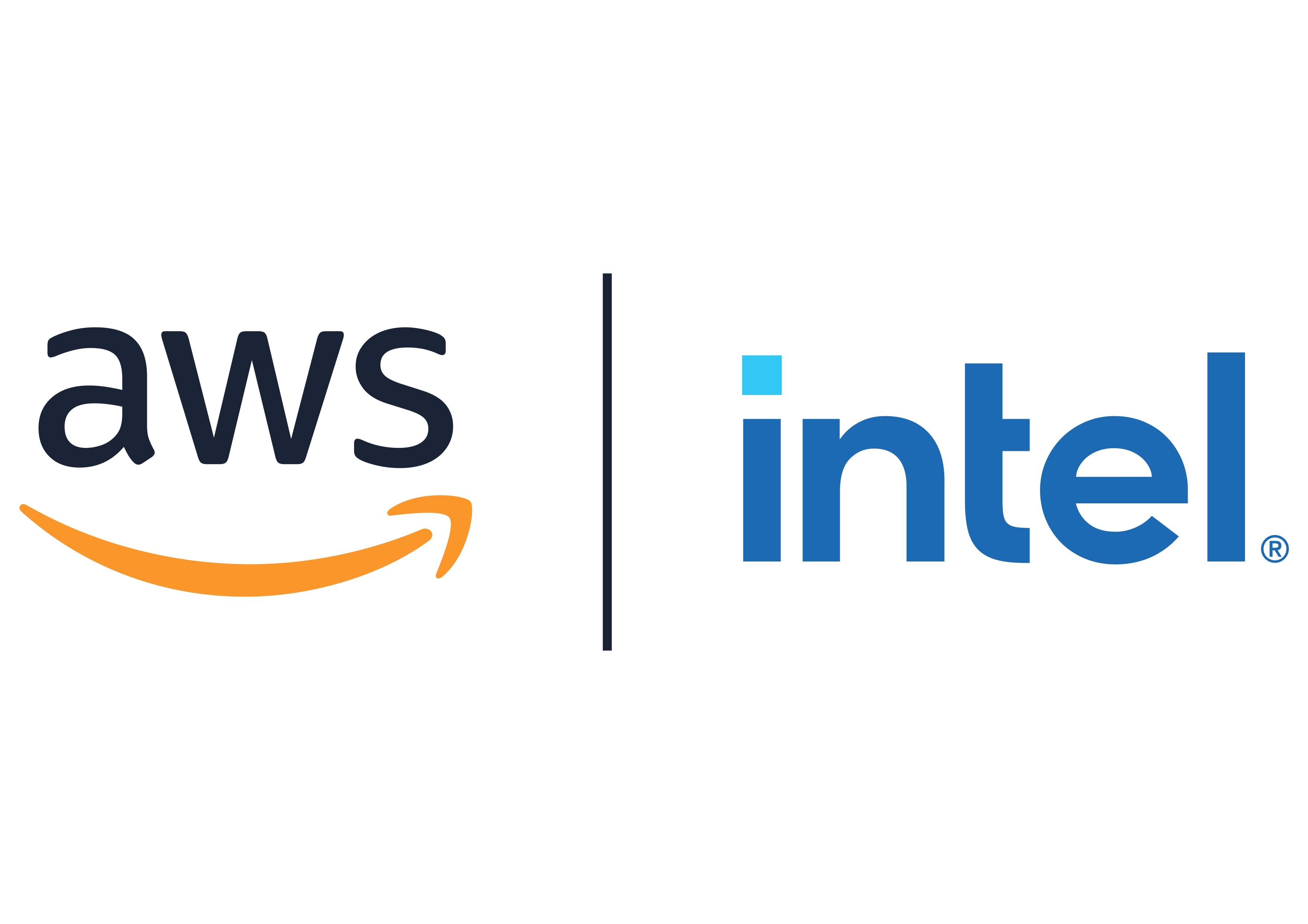
AWS | Intel
View Brand PublisherThis AWS-powered cloud management services solution is helping enterprises scale cost-effectively
InfraGuard is revolutionising cloud server management with a unified approach that helps businesses perform and scale faster.
Even as the world has been opening up in 2022 post-COVID, the global economy has been hit by various other factors such as geopolitical tensions, inflation, and supply chain constraints.
With the World Bank projecting global economic growth to fall to 2.9 percent this year, down from 5.7 percent in 2021, many tech companies too are having a hard time prioritising growth and scalability over cost management.
Stepping in to help enterprises manage some of those costs is , a solution that integrates and manages common server functions – patch management, access management, automation, compliance, and governance.
Master of all trades
“As the world moves to the cloud, a lot of large enterprises are hedging their bets – they would have some part of their infrastructure on AWS, some part on Google, some on Azure, and some also on premises. This creates a varied infrastructure, and it means that you have to train people in different scenarios and you have to upskill them continuously,” says Deepak Sharma, CEO and Founder of InfraGuard.
Describing their product as a “unified server management solution”, Deepak says that no matter what cloud or OS infrastructure a company’s servers may utilise, once they’ve been onboarded to InfraGuard, they’re all treated in the exact same way. It is a self-service platform as most customers can simply log on to the website, register themselves, and start using the platform on their own. “From thereon, all the common solutions (patching, access, etc) can be done in a coherent and consistent manner,” he explains. While InfraGuard works mainly as a SaaS solution, it also provides customer deployed models.
When it all came together
The idea for this unified solution struck Deepak and his co-founder Prashant Gyan late in 2018, both of whom have vast experience in cloud services. Prashant had earlier founded Minjar Cloud Solutions, which was eventually acquired by American cloud computing giant Nutanix.
“We could see, working with these large enterprises, that there was a common set of problems. And the solution to that was to get more manpower,” Deepak says, adding that they took their learnings from operating a services company and put it into a product company.
Starting off by focusing on just access management, the company began working with their clients to understand how their product could service their needs better, and began developing and adding more features.
While most of their competitors have solutions in specific pillars such as patch management, InfraGuard is the only solution, so far, with a unified approach to server management. This saves enterprises a huge amount of time and expenses that would have otherwise gone in expanding teams, and upskilling or training manpower. Deepak says, “As your infrastructure grows, you shouldn’t feel the pain of adding a bigger team, or training them each time. The skill gap reduces, the scalability improves. And just by simplifying operations we’re reducing error rates as well. Today what we see in our own customer base is that a very small team can manage thousands of servers daily.”
With a claimed growth rate of 100 percent year-on-year in terms of servers managed, the company says that they’re able to help their clients scale much faster. “This shows that our product is robust and mature, but also our ease of scalability is what allows our customers to scale faster. Large companies that work with us don’t have to think twice before bringing on another client. With InfraGuard managing their servers, getting another client on is simply a matter of clicking and adding,” Deepak says.
AWS, a strategic and technological partner
Built on AWS and largely powered by the AWS Systems Manager, InfraGuard has about 15-20 first-point enterprise clients across Singapore, India, and the US, with hundreds of other clients connected through them.
In addition to being the first AWS ISV (Independent Software Vendor) Well Architected API Partner in the Asia-Pacific region, InfraGuard has also become only the second ISV partner to achieve Cloud Management Tool Competency, within the Asia Pacific region.
“Well Architected has these six pillars which define the best practices for your cloud and server management. With InfraGuard being the only entity as an API partner in the Asia Pacific region, our technological partnership has been made very strong and we are reaching out to our own consulting partners to have a higher level of adoption of the Well Architected framework,” Deepak says, “Apart from that, in terms of feature definition, technical support — in all of those steps AWS has very literally filled in the role of a partner.”
What the future holds
Geographic sales expansion is an obvious target for InfraGuard, and AWS’s presence in countries around the world also helps them expand to other markets, especially with companies that have data residency restrictions.
Compliance and governance takes the front seat in their plans as well, to help secure enterprises from cyber attacks and any other security loopholes. “We’re working to deliver this sort of compliance package, where people can come onto InfraGuard and at the press of a button can see all these points where they should focus their attention on – whether their servers and workloads are secure and whether the best practices are being followed – there’s a list of all these items that InfraGuard continuously checks and raises alerts,” Deepak explains.







